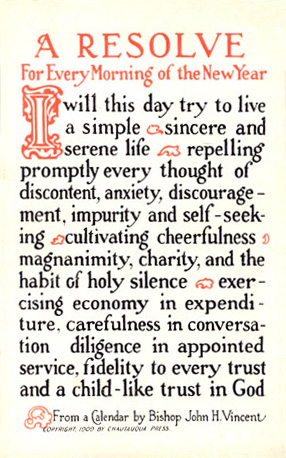While taking a more peaceful spirit to the workplace should seem natural and easy to those who nurture their spiritual nature on a regular basis, we know that it is far easier said than done. When it comes to the workplace, it seems a there are a variety of catalysts that can easily rock us off of our spiritual foundation in a matter of seconds. Subsequently, we react rather than respond, using words and behaviors that escalate the situation rather than bring a spirit of peacefulness instead.
Perhaps understanding the impact our words and actions can have on others would help us make a more concerted effort to choose more favorable routes to a harmonious workplace.
During a UCLA study on the impact love can have on pain, it was discovered that the brain was flooded with dopamine when a person saw someone they loved or experienced the feeling of being loved. Most importantly, it was discovered that it takes 5 positive comments to every negative comment to keep the brain in a positive state; demonstrating the impact we can have on others just through our choice of words.
Think about someone at work that you perceive as having a negative attitude. Now, think about how often that individual receives positive versus negative comments from others each day. More importantly, how many of those favorable comments can be attributed to your efforts?
The ripple effect of throwing the stone in the water is the same as tossing the first ‘unkind’ or ‘kind’ comment into the workplace. Whether those words are spoken directly to the individual or are shared with others about an individual is irrelevant. Negative and positive comments have an impact that can be far outreaching.
There’s a wonderful line in one of the songs from Les Miserables that says, "to see another person is to see the face of God." If we were to see the people we work with in this same light each day, we would have a powerful and favorable impact on the workplace. Doing so would make our days easier while impacting the life of another human being.
The idea is not to imply that lunch hours will be spent singing Kumbaya, but rather, to be realistic in understanding the role you play in the chaos that ensues each day. If you know that positive comments fuel favorable brain functioning in another human being, then choose your words wisely.
On some level, we all know how our words and actions affect people and how a spiritual approach to life improves the quality of our experiences. But this is about more than that. This is about understanding how our words and actions alter a person’s mind and can in turn affect us favorably. It’s as though you are sending the boomerang of positive efforts out and can count on it being returned.
Spirituality is defined as "an inner path enabling a person to discover the essence of their being;" or the “deepest values and meanings by which people live." An increase in spiritual practices has been proven to have a favorable impact on reducing anxiety, stress, depression and work-related absenteeism. Our decision to show up in a spiritual way each day can and will make a difference.
There are no guarantees that our positive words and actions will change the way another human being responds to us or to others. However, we do know that it will change how their brain responds and have an improved physical affect.
What matters most is that we make a conscious choice to bring our inherent good to the world every day and that includes the workplace. Each of us must do our part in order to optimize the impact!
 Reverend Nancy
Mercurio is a TNS Alumni, internationally televised speaker, author and
executive coach, who has worked globally since 1995 to
assist leaders in driving individual and organization effectiveness through
improved behaviors. She is President and Founder of Leadership Training SystemsInc. and is the Co-Founder of Together In Peace Inc. a global mission for
peaceful practices that launches in November, 2013.
Reverend Nancy
Mercurio is a TNS Alumni, internationally televised speaker, author and
executive coach, who has worked globally since 1995 to
assist leaders in driving individual and organization effectiveness through
improved behaviors. She is President and Founder of Leadership Training SystemsInc. and is the Co-Founder of Together In Peace Inc. a global mission for
peaceful practices that launches in November, 2013.








